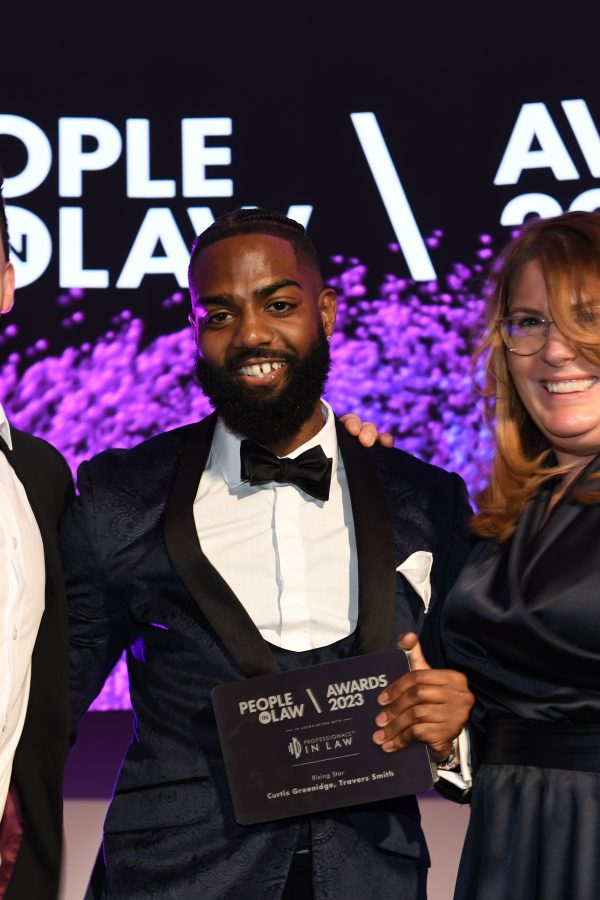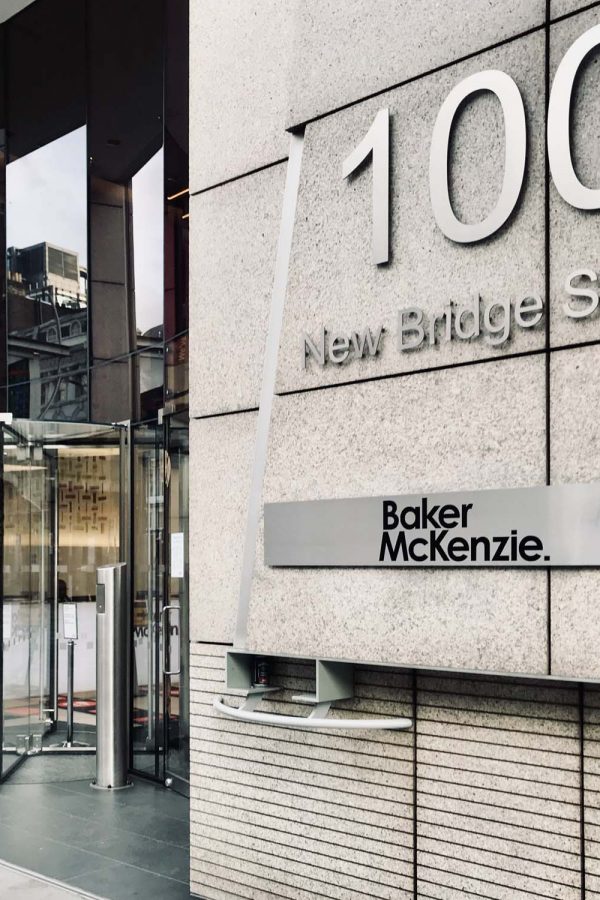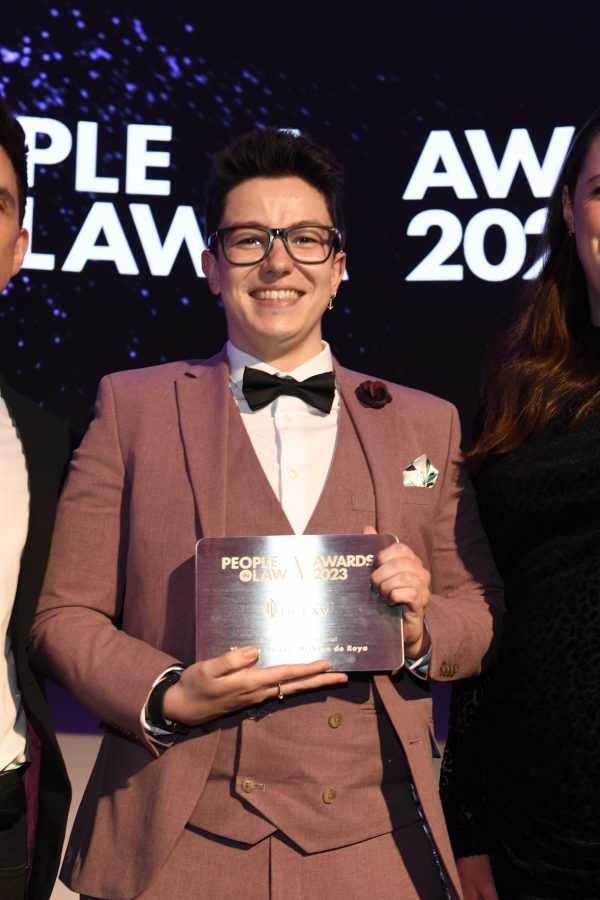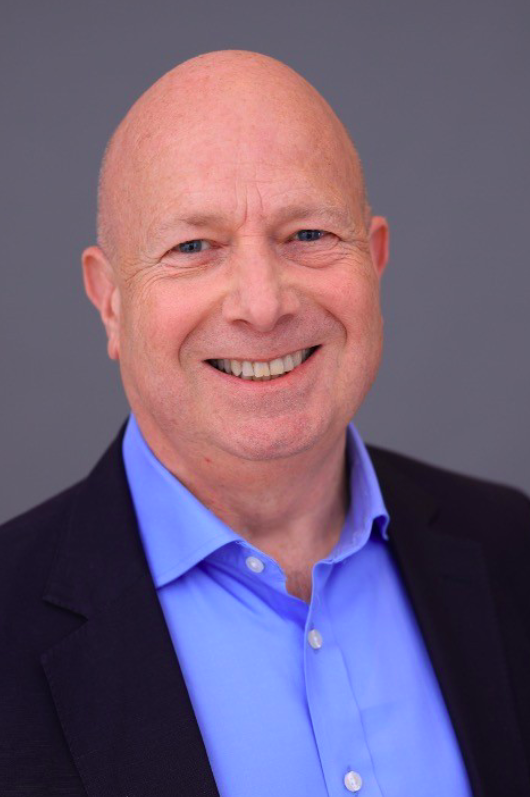To those from a lower socio-economic background, the legal profession has historically felt out of reach. According to figures from the Social Mobility Commission and the Solicitors Regulation Authority, 58% of people who work in the legal sector come from a professional or ‘higher’ socio-economic background, compared to 37% of the general population. In 2016, Browne Jacobson realised that 96% of available work placements were going to students who had connections to the firm through family or clients, while 7% of its junior lawyer population were from Black, Asian or minority ethnic backgrounds. “We felt this simply wasn’t representative or fair, and we decided it needed to change,” explains Declan Vaughan, the firm’s people director.
In 2020, it launched the FAIRE initiative, which stands for Fairer Access to Real Experience – winner of Best Social Mobility Initiative at the 2023 People in Law Awards. The firm audited its recruitment processes to identify where applicants from lower socio-economic backgrounds were falling away, and introduced elements such as anonymising applications, removing minimum degree qualification requirements and partnering with RARE on contextualised recruitment, which looks at external factors that may have impacted a candidate’s route into their application, such as having to work alongside their studies.
The core of the FAIRE programme is its virtual work experience programme – so far, 23,500 students from more than 2,000 schools have attended one of the events, with a high proportion coming from social mobility ‘cold’ spots. In addition to the virtual programmes, the firm offered 80 fully paid in-person work experience placements in partnership with student network Young Professionals in 2022, 85% of which went to students from lower socio-economic backgrounds. There are online careers guidance sessions for parents and guardians of students looking for a career in law, and a mentoring programme aimed at kickstarting the careers of aspiring Black lawyers. Another route known to improve social mobility is offering apprenticeships, and the firm has so far hired 10 solicitor apprentices from low socio-economic backgrounds.
Although social mobility is just one area of focus for the firm, overall diversity has improved. Junior lawyers from Black, Asian and ethnic minority backgrounds now account for 45% of new intake; 65% of junior lawyers are from non Russell Group universities (compared to 84% Russell Group intake nationally); and 38% of newly qualified lawyers came in with 2:2 classification degrees or lower A-level grades than the firm had previously required. Furthermore, the firm retained 90% of its newly qualified lawyers in a hotly contested market.
“There’s a strong belief in the firm that building social mobility into our strategy and values means we’re more than just a commercial organisation. We have a real responsibility to contribute positively to society and the communities in which we operate,” adds Vaughan. Browne Jacobson ranked top in the Social Mobility Employer Index in 2022 for the second year running, so its efforts have not gone unnoticed. That does not mean the firm is complacent, however. Data and feedback from previous years’ attendees enable it to continuously improve how the programmes are delivered and tweak processes so they are as inclusive as possible.
Moving forward, these insights will inform how the firm ensures its more diverse intake continues to thrive, he adds. “We are getting more sophisticated and more granular with our data, so we can get a better understanding of the experiences of different communities in our business. What is their working life like in the business and their access to progression? We need to make sure the diverse talent we bring in is still here when we promote to senior roles.” The data has also shown how such initiatives are not only the right thing to do, but also support the commercial growth of the firm. The team has been able to demonstrate that measuring someone based on strengths rather than background tends to drive higher performance, for example.
The FAIRE programme and associated diversity initiatives have “changed the character of the business”, he believes. The firm has shifted from a point five or six years ago where there was initial resistance to making recruitment processes more open, to one where decisions are inherently made through a more inclusive lens. Vaughan concludes: “Our hiring managers now appreciate and understand that relying on traditional sources for talent means we would miss a huge pool of resourceful, capable and committed people.”












